Australian Prime Minister Anthony Albanese expressed trust in U.S. President Donald Trump during a recent debate ahead of the May 3 general election. Despite this, confidence in the U.S. among Australians has reached a new low, with only three in 10 expressing any trust in the U.S. to act responsibly. This decline is echoed in consumer confidence within the U.S. itself, which has seen four consecutive months of decline, reflecting pessimism about future business conditions.
Albanese stated he had no reason not to trust Trump, citing previous discussions with the U.S. president. In contrast, opposition leader Peter Dutton attempted to distance himself from the issue, emphasizing that he doesn’t know Trump personally and highlighted the importance of trusting the U.S. as an ally. The debate highlighted differing approaches to international relations, particularly concerning the U.S. and China.
The U.S.-Australia relationship remains crucial despite declining trust. Australians overwhelmingly view the U.S. alliance as vital for security, though opinions on Trump’s policies are generally negative. Meanwhile, consumer confidence in the U.S. has dropped significantly, driven by concerns over inflation and potential recession, affecting both domestic and international perceptions.
In Non-Mainstream Media
Context & Background
Australia’s relationship with the U.S. is foundational to its security policy, despite current low confidence levels. Historically, trust in the U.S. has been a significant factor in Australian foreign policy decisions. Meanwhile, economic conditions in the U.S., including declining consumer confidence, have international implications and contribute to the broader economic outlook.
The drop in consumer confidence in the U.S. reflects a growing pessimism about future economic prospects, influenced by inflation and the potential for recession. This economic uncertainty affects not only domestic perceptions but also international relations and trade dynamics.
In This Story
Anthony Albanese
Anthony Albanese is the current Prime Minister of Australia, leading the Labor Party government since 2022. His stance on international relations, especially regarding the U.S. and China, has been a focal point in Australian politics.
Donald Trump
Donald Trump is the current President of the United States. His presidency has seen significant shifts in U.S. foreign policy and economic strategies, impacting global relations and economic confidence.
China and the U.S.
Both China and the U.S. play crucial roles in global politics and economy. Australia’s diplomatic relations with these nations are vital to its economic and security interests.
The U.S. is a key ally for Australia, while China remains its largest trading partner. Balancing these relationships while maintaining national interests is a significant challenge for Australian leadership.

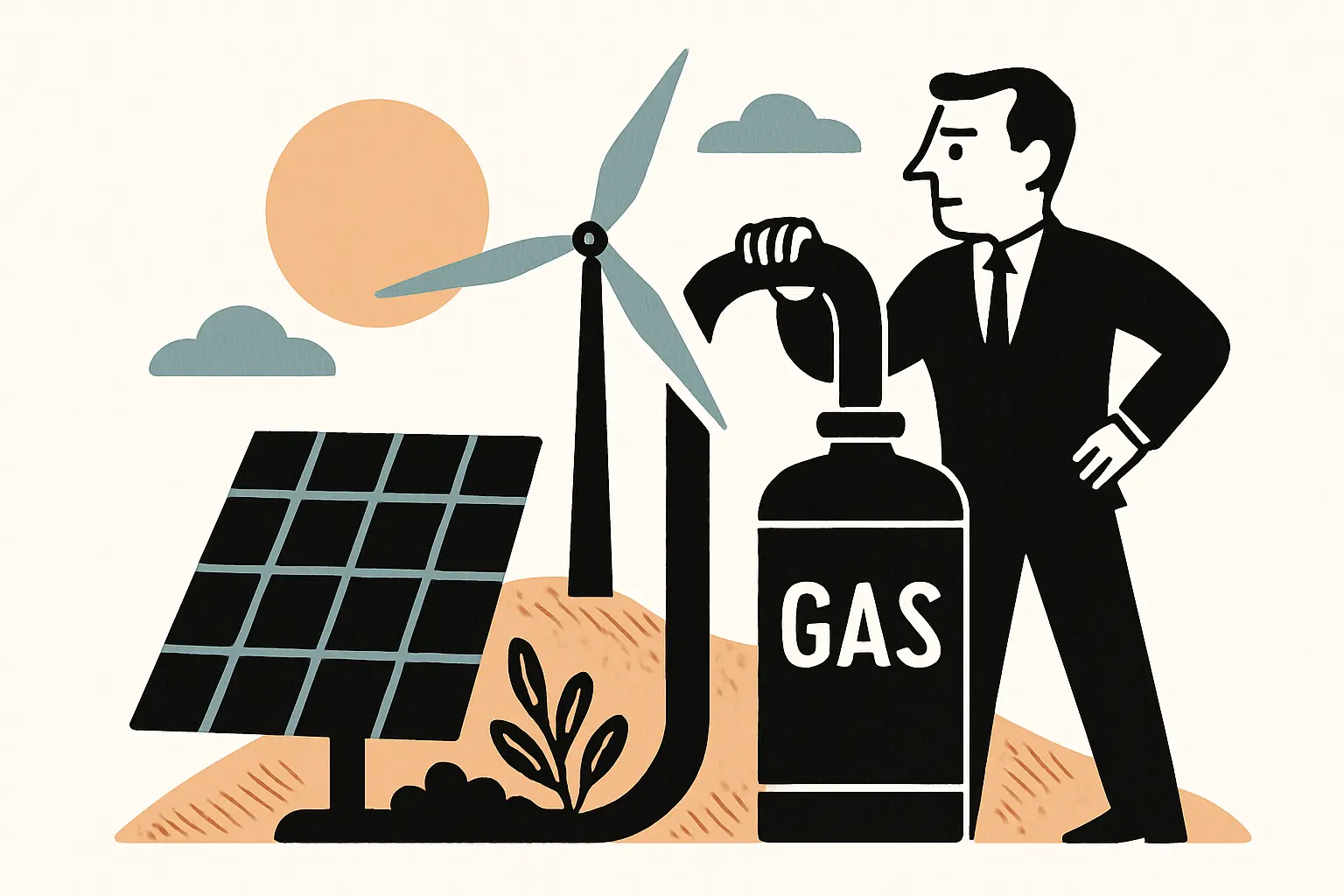
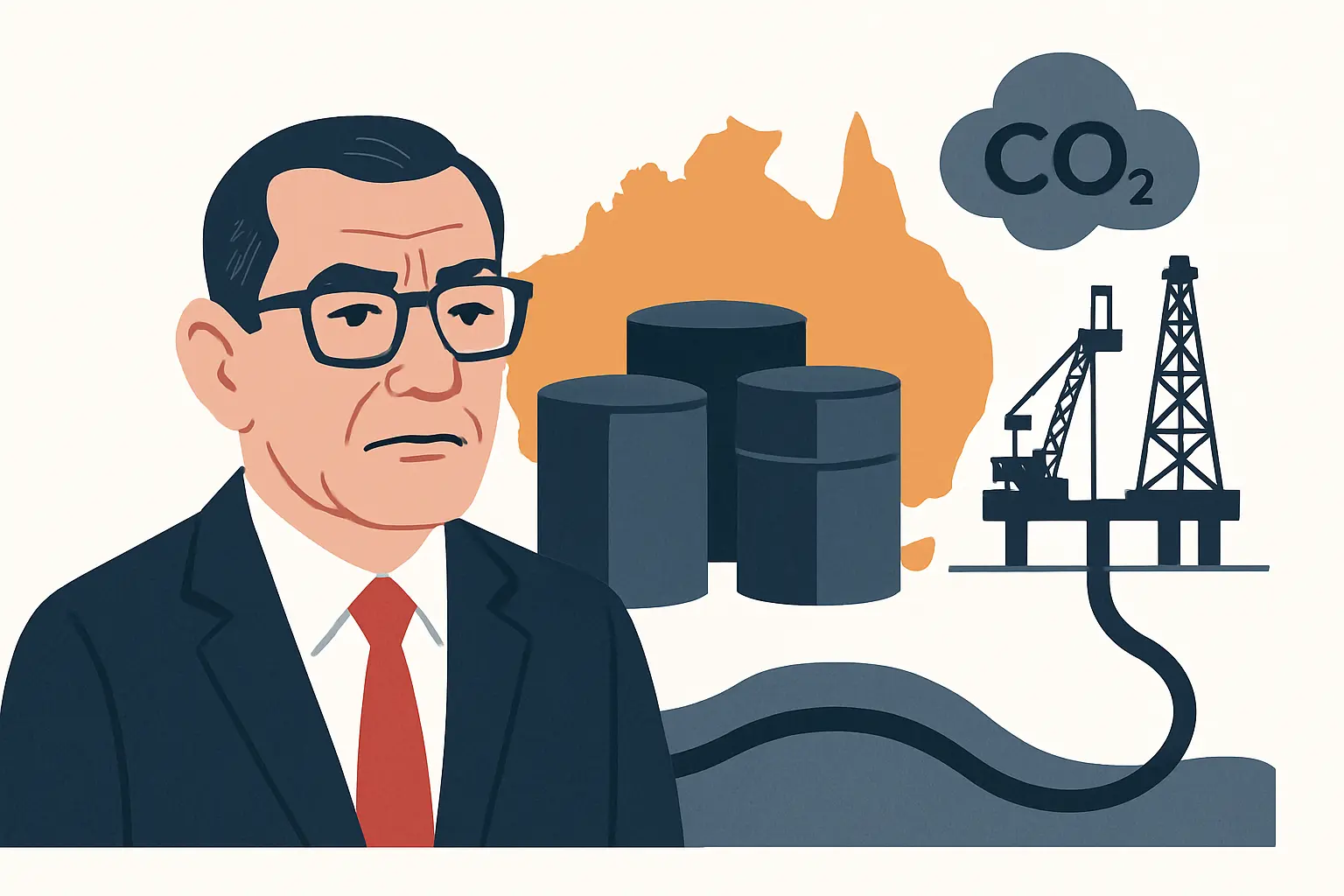

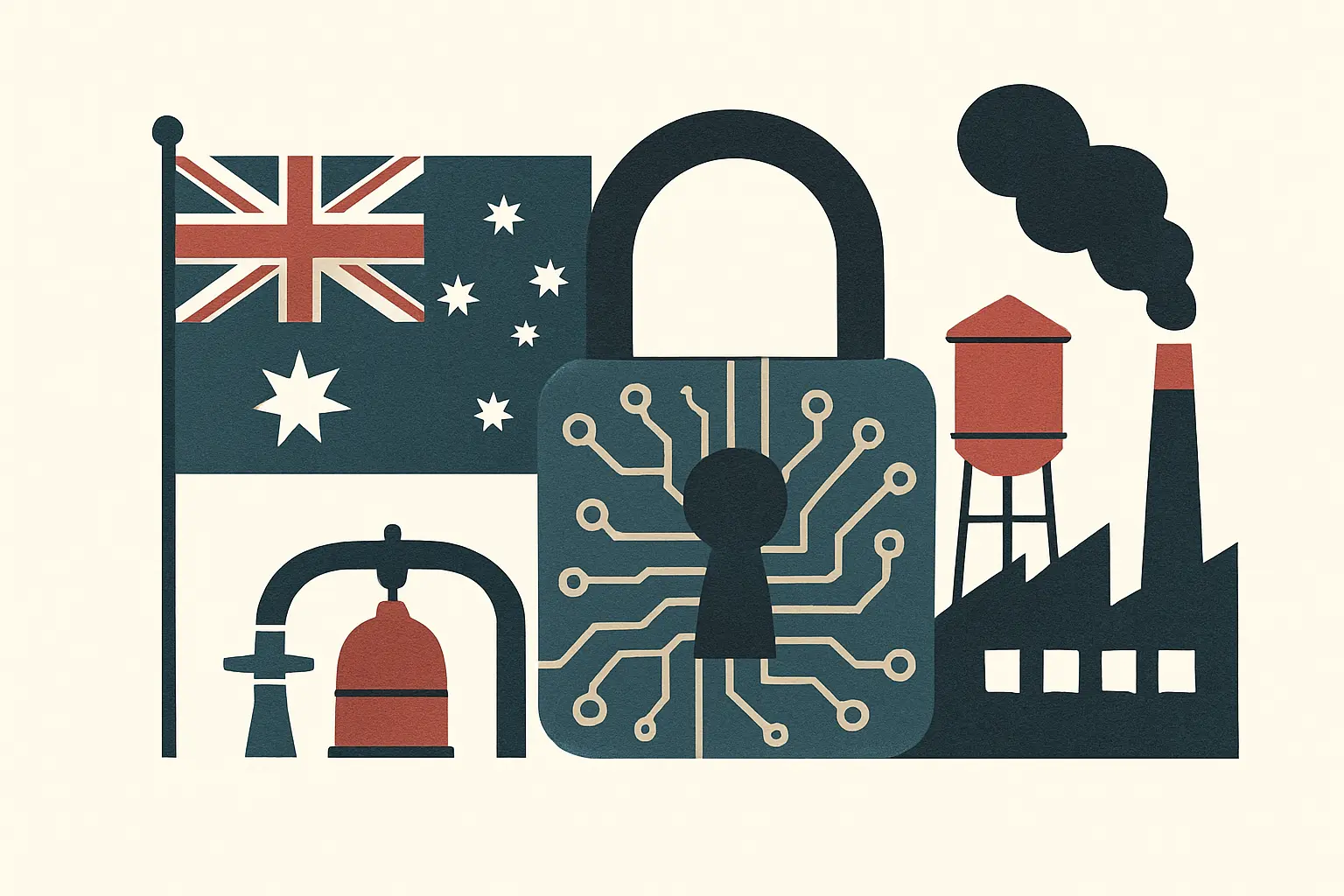




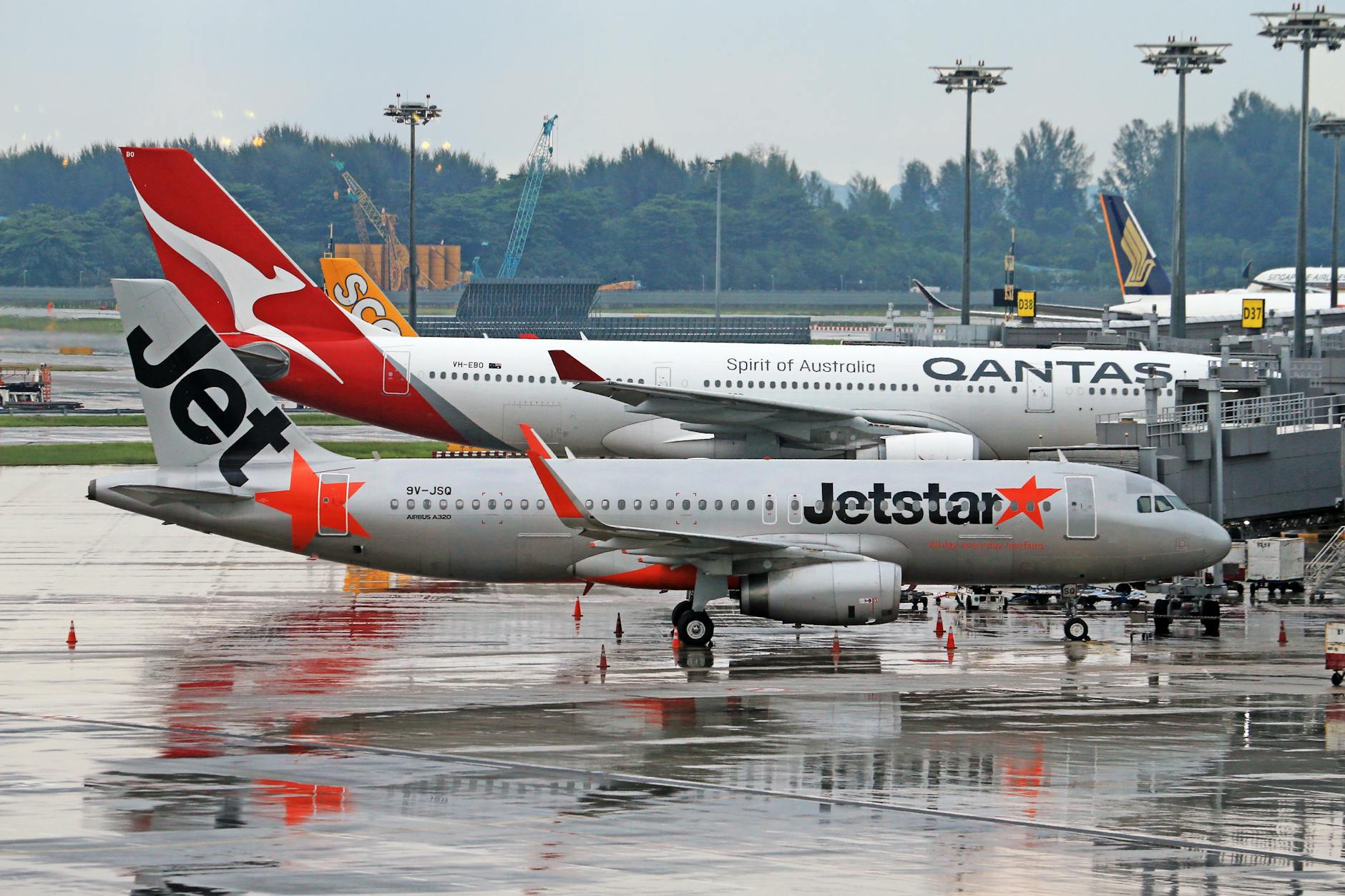
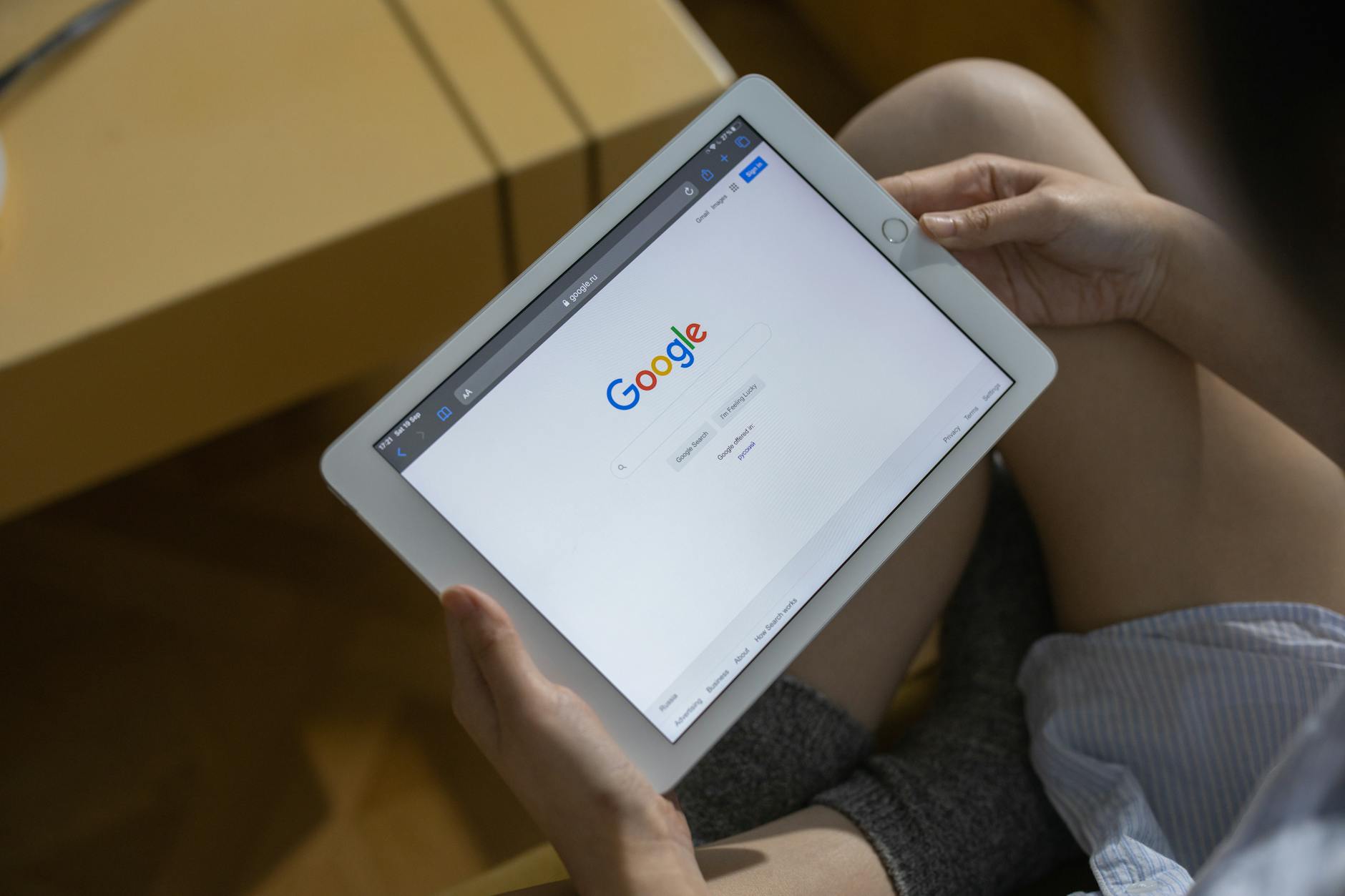




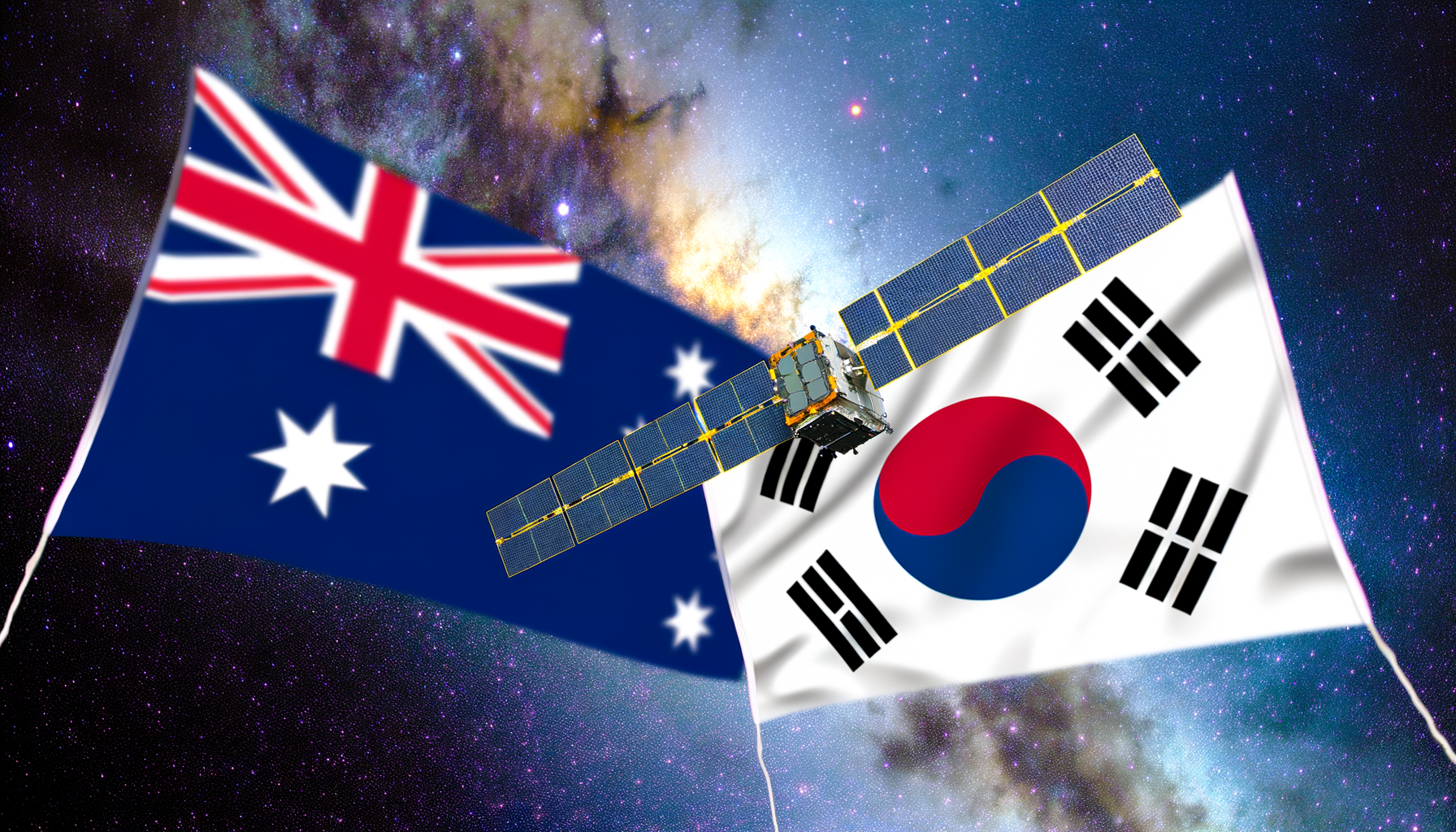

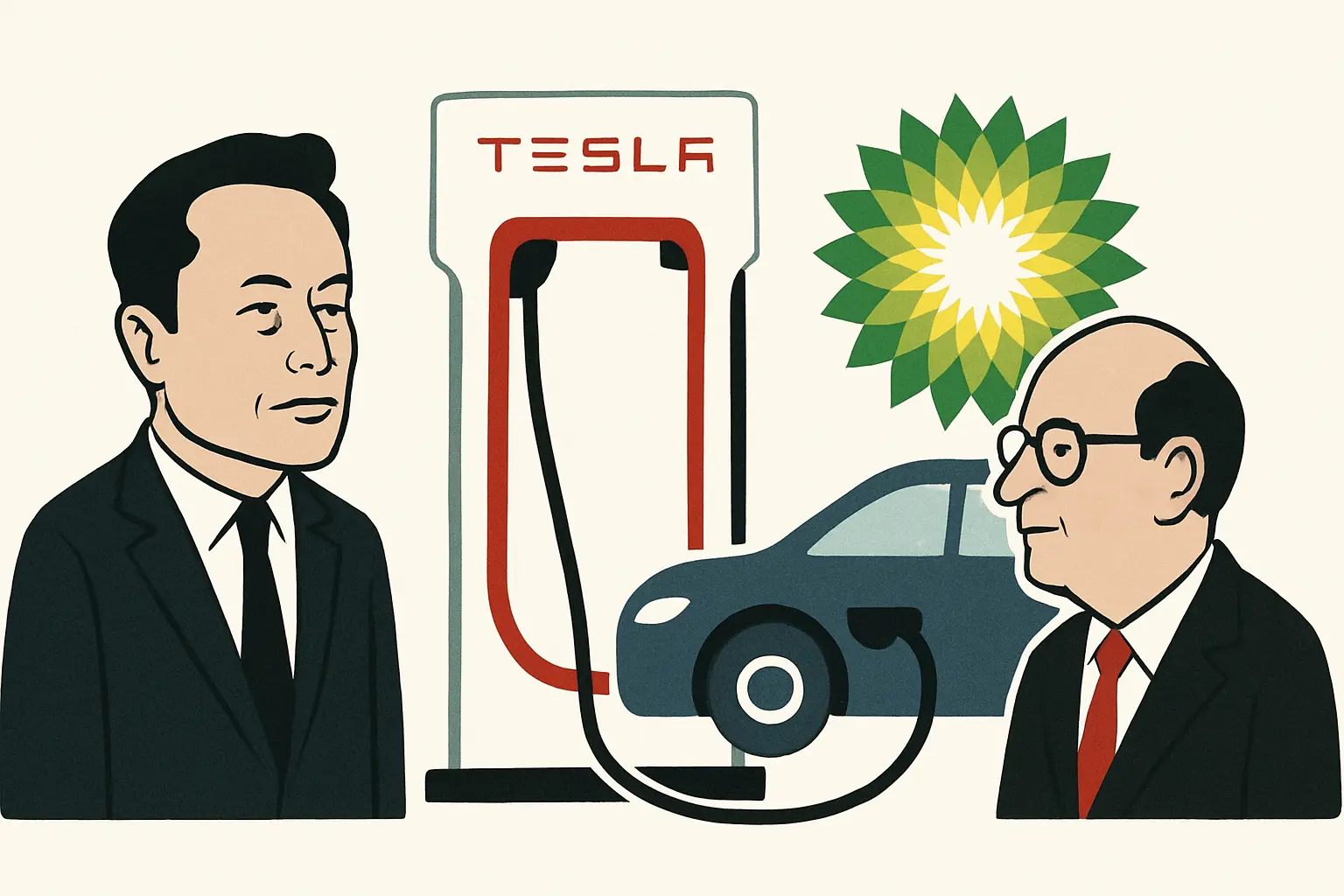
Comments are closed.